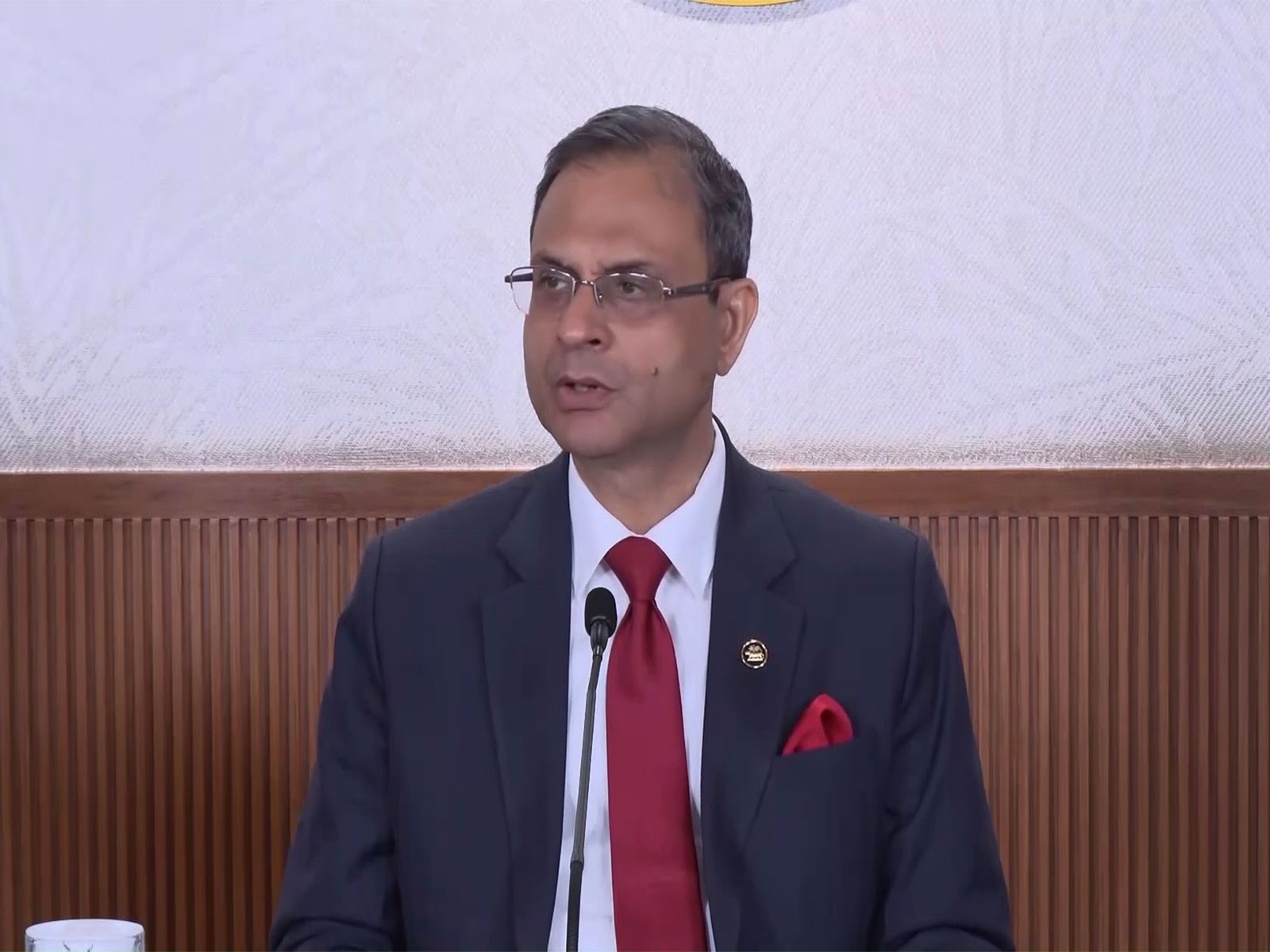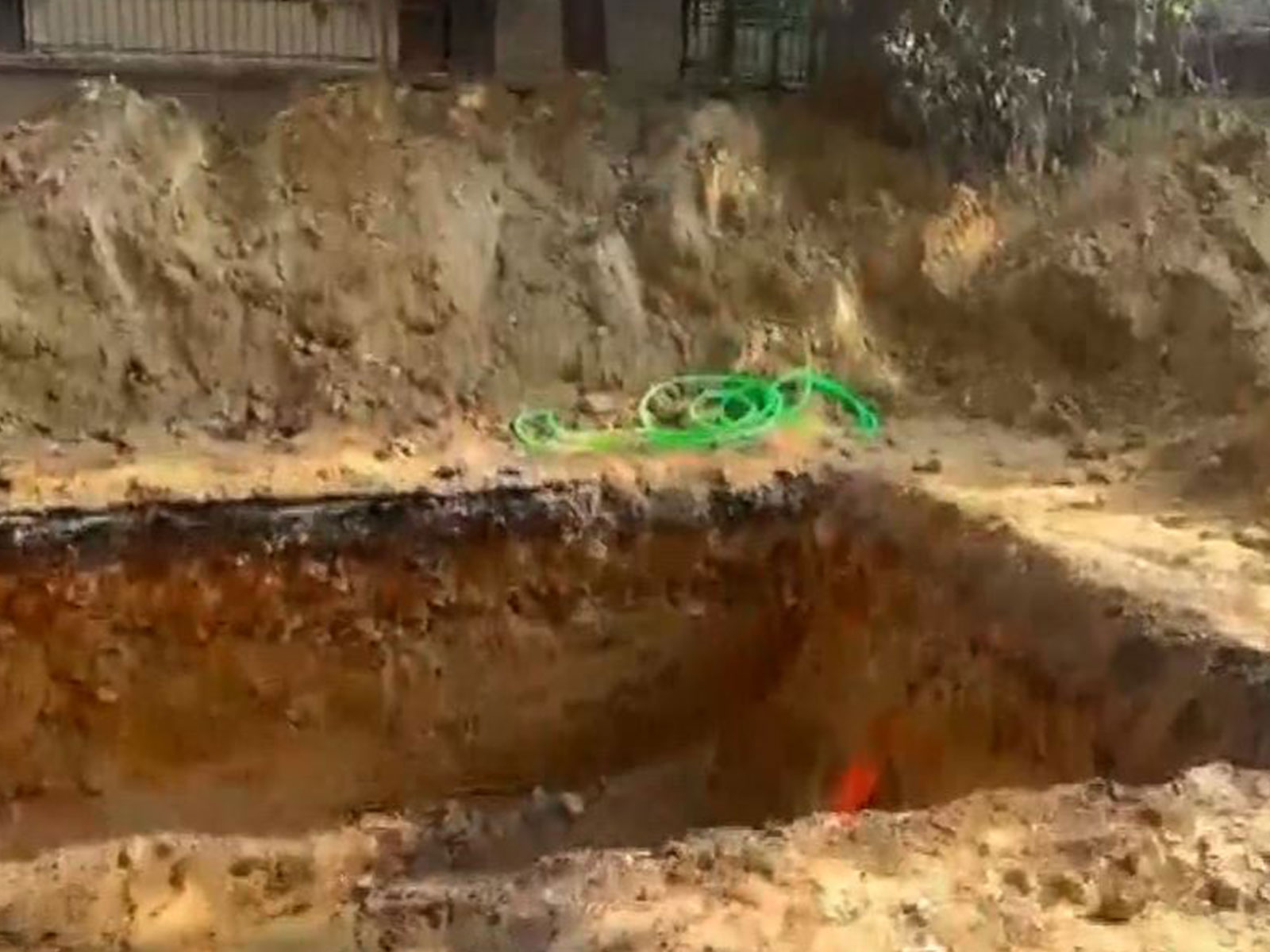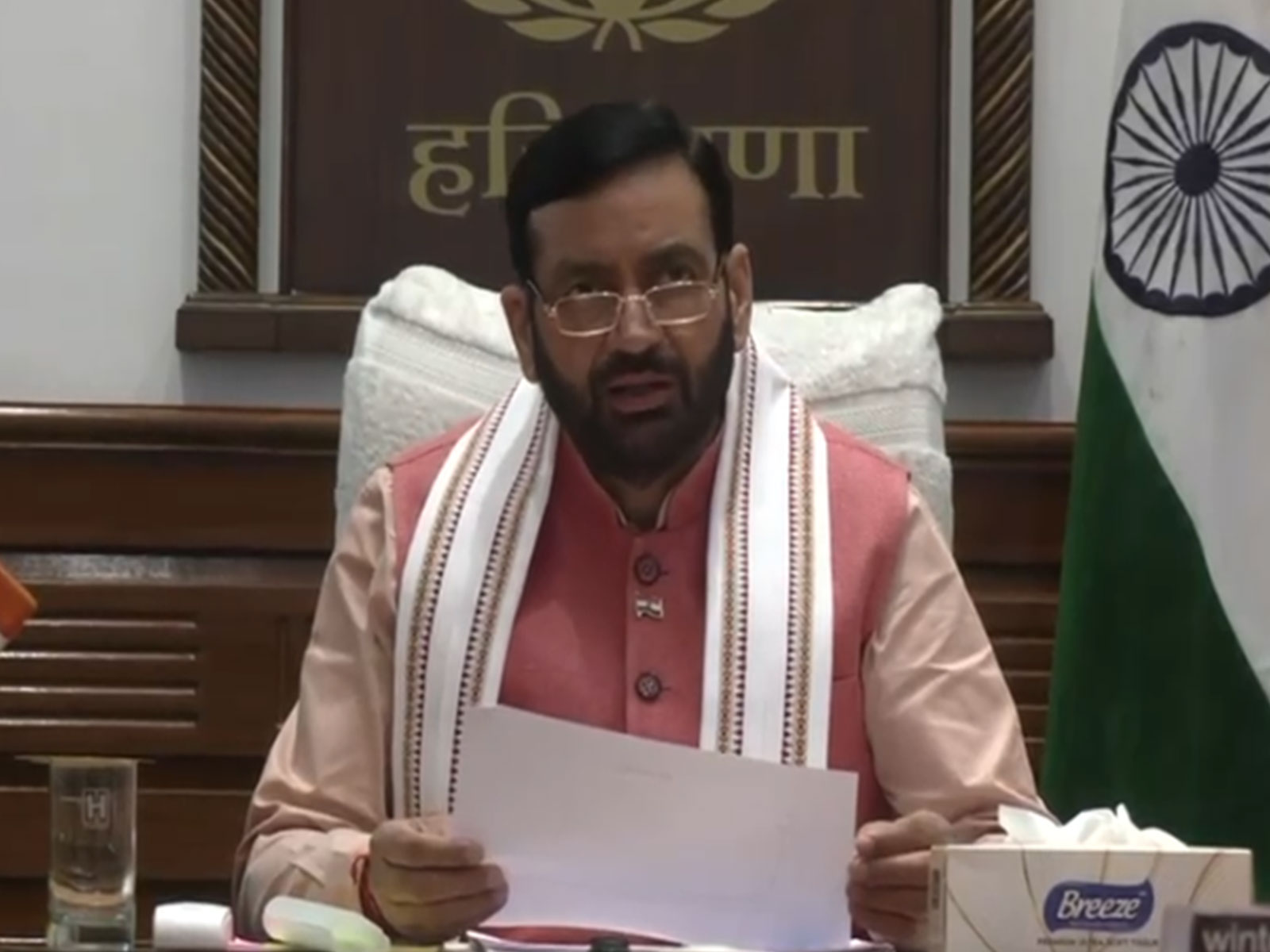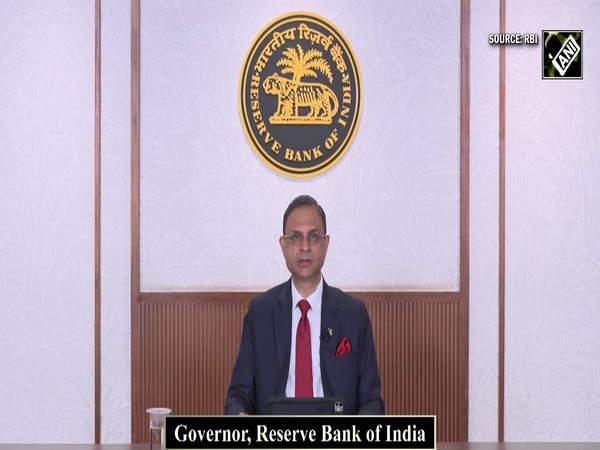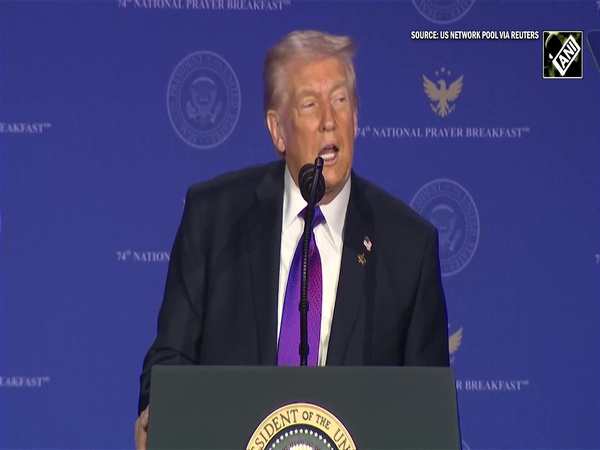Tapering of Covid-19 relief lowers risk of decline in asset quality: Moody's
Dec 17, 2020

Singapore, Dec 17 : As the coronavirus pandemic drags on, regulators in ASEAN and India are facing a need to strike a balance between continuing to support some borrowers and weaning others off debt relief measures introduced at the onset of outbreak, according to Moody's Investors Service.
Authorities in the region are opting to rollback support for borrowers in phases instead of immediately. This will help prevent a spike in non-performing loans (NPLs) by giving both borrowers and banks more time to cope with the impact of the pandemic.
"Regulators are gradually scaling back various support measures for borrowers to ease them back into loan repayment," said Moody's in a sector in-depth report.
The most common among programmes introduced at the outset of the pandemic to support borrowers are loan moratorium, and they have or will soon be phased out in most countries in the region.
In place of loan moratorium, regulators are encouraging banks to restructure loans to accommodate borrowers' reduced debt repayment capacity.
While banks in all ASEAN countries and India have the discretion to choose which loans to restructure, regulators in ASEAN countries and India have clarified rules for classifying restructured loans as performing, to incentivise banks to provide support for borrowers.
Banks will have time to manage deterioration in asset quality. Economic downturns, which will drive up unemployment and depress corporate earnings, will lead to an increase in NPLs and provisioning costs, particularly with the expiration of loan moratorium.
"We expect real GDP in most parts of ASEAN and India to have contracted in 2020. GDP will return to growth in 2021 but economic activity will remain uneven and vulnerable to setbacks, including any new wave of coronavirus infections," said Moody's.
The risk of a sharp spike in NPLs, however, is lowered because the gradual tapering of support measures will give borrowers time to cope and banks to build up loan-loss buffers. Regulators in most parts of ASEAN and India have also rolled out soft loan schemes.
For example, in India, under an emergency credit line guarantee scheme that was extended on November 12, banks can provide government-guaranteed loans to companies in 26 stressed sectors and healthcare companies, amounting to 20 per cent of their existing borrowings from banks until 31 March 2021.
Such government guaranteed schemes will reduce loss given defaults for banks, a credit positive. These policy measures have helped ASEAN countries and India maintain credit supply in their economies, which is critical in preventing a surge in NPLs.
Gross loans have shrunk in Indonesia, the Philippines and Singapore in 2020 on an annualised basis as a result of a decrease in credit demand due to the pandemic and to some extent, tightened lending policies by banks.
With the gradual resumption of economic activities, said Moody's, banks are expecting demand for credit to increase over the next 12 to 18 months.
